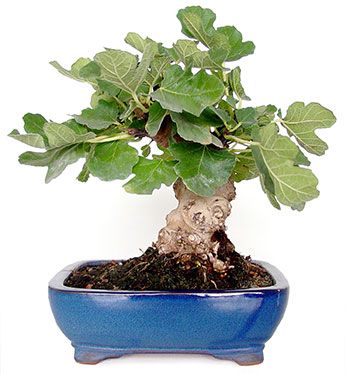Ficus carica
Family
Moraceae
Origin
Middle East (Syria, Iran, Greece, Anatolia). The cultivated fig tree, as it is now known, is the crossed fruit of many different species. These species are found in Iran, Arabia, India and Ethiopia in a wild state which also explains why there are so many different cultivated fig trees . Some of these wild species are F. persica, F. virgata, F. serrata, F.palmata.
Etymology
From the Greek “sykos” meaning fig.

Characteristics
It is a deciduous tree with fast growth and plenty of edible fruits. The cultivated species (with only female flowers), sometimes give fruit in autumn (figs), others only in summer, and others in both seasons. Wild fig trees are also called male trees and have both male and female flowers. In summer they have smaller leaves and non-edible fruits.
Location
Ideally in a Mediterranean climate, outdoors all year round. In cooler climates ensure they are always protected from freezing temperatures.
Watering
Generously in summer, decreasing in winter.
Fertilization
In spring and in autumn.
Re-potting
Every 2 years in spring-summer.
Substrate
100% Akadama or mixed with 20% of volcanic clay.
Pruning and pinching
Pruning
Before the spring blossom
Pinching
Using the tweezers, prune back to 2 leaves after 6 to 8 leaves have grown from the branch.
Wiring
Can be carried out throughout the year.
Curiosities
Flowers are found inside the fig. Most of the cultivated fig trees only have female flowers. To be able to be fertilised a male fig tree is required as it has both male and female flowers. Also required is a hymenoptera insect, the Blastophaga psenes. The insect will travel carrying the pollen and impregnate the female flowers in the vicinity.
